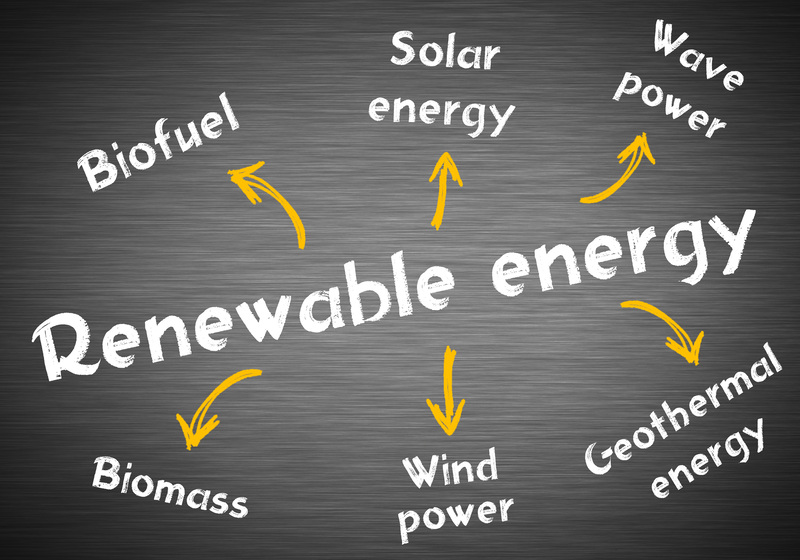Understanding the Implications of Waste Mismanagement on Natural Ecosystems
In today's rapidly developing world, the problem of waste mismanagement has become a pressing concern affecting both urban and rural environments. Unfortunately, when waste is not properly managed, it can have severe repercussions on natural ecosystems. This comprehensive exploration seeks to shed light on how improper waste disposal impacts wildlife, water systems, and the broader environment.
What is Waste Mismanagement?
Waste mismanagement refers to the ineffective or inefficient handling and disposal of waste materials. This includes practices like open dumping, burning of waste in open areas, and inadequate recycling facilities. These practices lead to the pollution and degradation of the environment, ultimately affecting all living organisms within those ecosystems.

The Direct Effects of Waste Mismanagement on Natural Ecosystems
1. Pollution of Water Bodies
One of the most significant challenges posed by waste mismanagement is the pollution of our water resources. When waste is not properly disposed of, it often finds its way into rivers, lakes, and oceans. This is primarily due to surface runoff, wind dispersal, or direct dumping.
- Contamination of Water: Harmful chemicals and toxins from waste, such as heavy metals and persistent organic pollutants, can seep into water bodies, contaminating both groundwater and surface water.
- Impact on Marine Life: Aquatic organisms are highly sensitive to changes in water quality. Polluted waters can lead to mass fish deaths, the disappearance of sensitive aquatic species, and harmful algal blooms which deplete oxygen levels.
2. Soil Degradation
Improper waste disposal can severely impact soil quality, thereby affecting agricultural productivity and plant growth. Below are some key implications:
- Accumulation of hazardous substances in the soil can lead to reduced fertility and altered soil chemistry.
- Plastic waste, in particular, can prevent water penetration and root growth, severely affecting plant health.
3. Air Pollution
Waste mismanagement also contributes significantly to air pollution. Open burning of waste is a common practice in areas lacking waste management infrastructure. This leads to:
- The release of toxic gases such as carbon monoxide, sulfur dioxide, and nitrogen oxides, which contribute to smog and respiratory problems.
- The release of greenhouse gases like methane during the decomposition of organic waste, exacerbating climate change.
The Threat to Wildlife and Biodiversity
Wildlife often suffers the brunt of waste mismanagement. Animals may mistake plastic and other waste materials for food, leading to ingestion of toxic substances.
Furthermore, improperly discarded waste can destroy natural habitats. For example:
- Plastic pollution in oceans entangles marine animals like turtles and seabirds.
- Destruction of Soil Habitats: Heavy metals and chemicals from waste can render soils uninhabitable for many species, reducing biodiversity.
Long-term Implications of Waste Mismanagement
1. Loss of Biodiversity
Biodiversity is essential for maintaining balanced ecosystems. With continued waste mismanagement, many species face extinction, leading to decreased ecosystem resilience and functionality.
2. Impacts on Human Health
While the focus is often on wildlife, humans are also affected. Polluted environments can lead to health risks such as cancer, respiratory problems, and gastrointestinal diseases.
Communities relying on untreated water or living in areas with high levels of pollution face exacerbated health challenges. This further highlights the interconnectedness of ecosystems and human well-being.

Strategies to Combat Waste Mismanagement
1. Promoting Sustainable Waste Management Practices
Adoption of sustainable practices can drastically reduce the negative impacts of waste on ecosystems:
- Encouraging recycling and reusing materials to reduce the amount of waste generated.
- Implementing composting initiatives to minimize organic waste and improve soil health.
2. Enhancing Public Awareness
Education plays a pivotal role. By raising awareness about the consequences of waste mismanagement, individuals and businesses can make informed decisions that promote environmental health.
3. Strengthening Legislation and Policies
Governments need to enforce stricter regulations around waste disposal and promote investments in waste management infrastructure. This includes penalties for illegal dumping and incentives for businesses that adopt sustainable practices.
Conclusion: A Shared Responsibility
Addressing the implications of waste mismanagement on natural ecosystems requires a collaborative approach, involving governments, communities, and individuals. By taking decisive action to manage waste responsibly, we can protect our delicate ecosystems and ensure a healthier, more sustainable future for all.
Through education, sustainable practices, and strong governance, it is possible to mitigate the adverse effects of mismanaged waste and foster thriving natural environments.